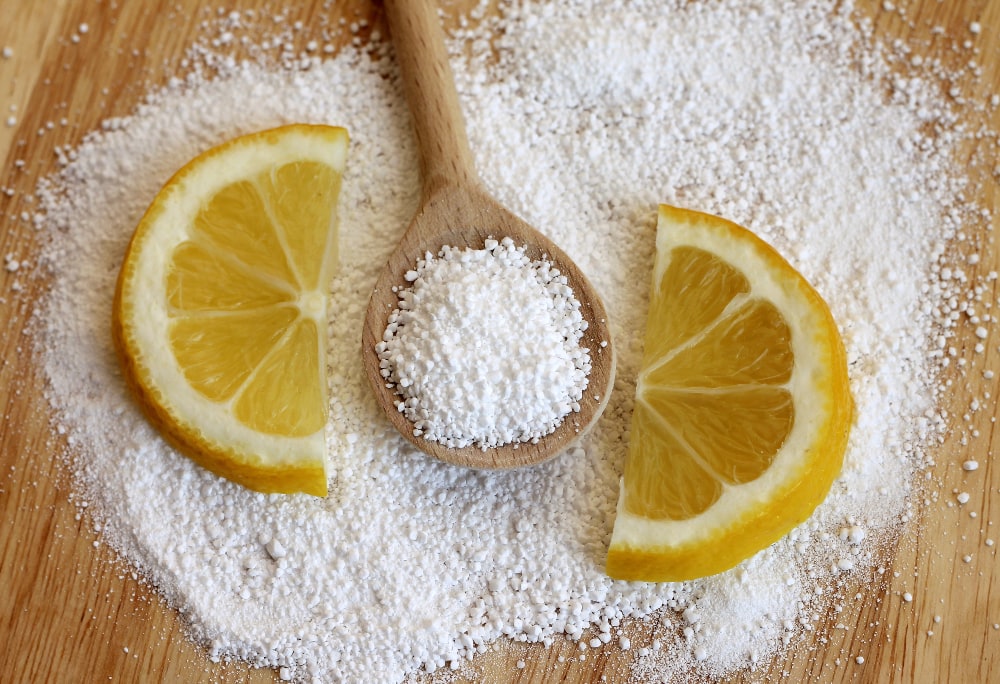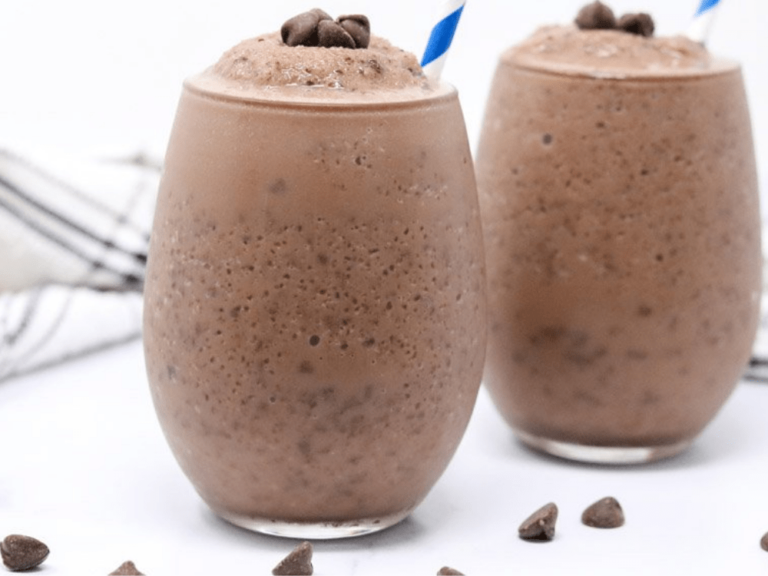What is a Good Substitute for Citric Acid?
Citric acid is a very valuable ingredient as it can be used as a preservative for foods and drinks, a coagulant for milk, or even just to make the taste of something more sour. You may not always have it available, though, but there are plenty of ingredients you can use for the same purpose instead of it.
In this article, we’re going to look at four of the best substitutes for citric acid that you can use. The most popular and common substitute for citric acid is lemon juice.
But, what about if you need a dry citric acid substitute? Yes, there is an alternative to replace citric acid that comes in powder form! So, whatever your recipe or need with citric acid, our list of citric acid substitutes has got a great alternative for you!
Substitutes For Citric Acid
Lemon Juice

Lemon juice tops the list for two reasons. The first is that both lemons and lemon juice are very easy to find in stores. The second is that citric acid occurs naturally in lemon juice and is in fact the source from which it is often extracted.
Because citric acid is only one of many components of lemon juice, to integrate effectively, use four times the quantity of lemon juice that you would if it was pure citric acid.
Vitamin C

This one might sound strange, but vitamin C, also known as ascorbic acid, is found alongside fruits that naturally contain citric acid, and this closeness makes it a good substitute for the ingredient.
You don’t need to look for vitamin C in the baking section of your grocery store. If you buy ordinary vitamin C tablets, you can simply crush them up and use them like you would citric acid when it is in powder form.
The ratio is the same, so you can use the exact same quantity of vitamin C as the recipe indicates for citric acid. Crushed up vitamin C tablets make a great citric acid powder alternative.
Vinegar

Vinegar falls into much of the same niche that citric acid does, but attention needs to be paid to how diluted it is. If you use vinegar in place of citric acid, you will need to use triple the amount of what the recipe says to achieve the same effectiveness.
It is worth noting that this will add a lot of liquid to your recipe, so you may need to compensate for this, depending on how much what you’re preparing will suffer for it.
The best type of vinegar to use as a substitute for citric acid is white distilled vinegar. Apple cider vinegar can also be used, but it has a stronger taste, which may affect the flavor of the final product, depending on what the other ingredients are.
Tartaric Acid
Tartaric acid is an acid that occurs naturally in grapes, tamarinds, bananas, and even citrus fruits. Because of this similarity, it makes a good substitute for citric acid.
Tartaric acid is, however, a lot more sour than citric acid, and for this reason, it is recommended to only use about half of the quantity that you would normally use of citric acid. Tartaric acid is a major component of the more commonly known Cream of Tartar.
While you might have a supply of Cream of Tartar in your pantry, it’s unlikely you have a stock of Tartaric acid handy so, if you need to go out and buy the ingredient anyway, you might as well just buy some citric acid.
Conclusion
If you find you’ve run out of citric acid in your pantry and can’t get your hands on any, we’ve learned today that the most direct, and readily available, substitute you can use is lemon juice, but that vitamin C, vinegar, and tartaric acid can also be used.
If you need a liquid alternative to citric acid, or if it doesn’t matter what form it is in, lemon juice would be the best alternative, followed by vinegar. If you’re after a dry or powdered replacement for citric acid, crushed up vitamin C tablets are probably the best way to go.







